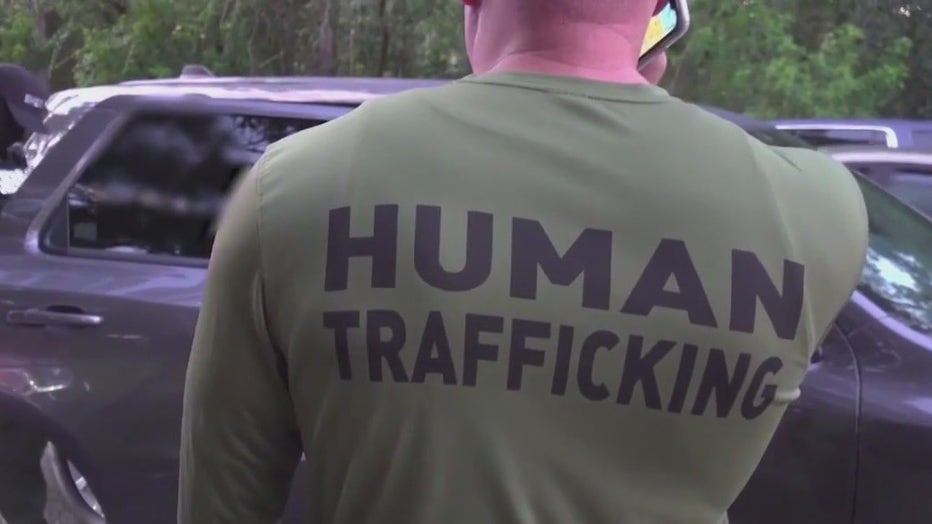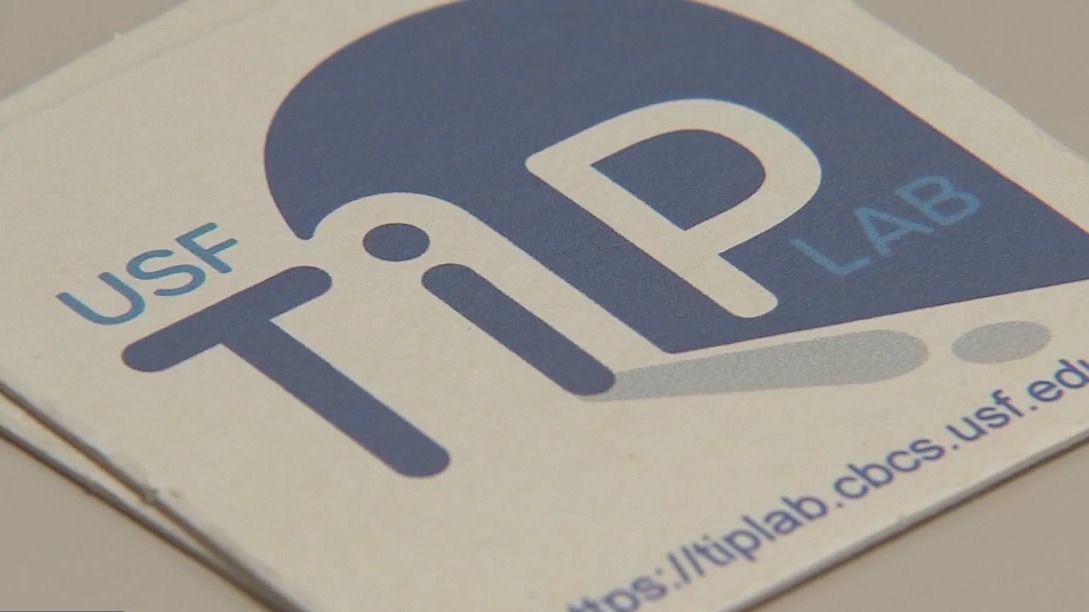USF 'TiP Lab' becomes central database for tracking human trafficking across Florida
ST. PETERSBURG, Fla. - A new Florida law looks to bring light to human trafficking, and a lab at the University of South Florida will be the central database for tracking the hidden problem across the state.
Two years ago, USF St. Pete’s Trafficking in Persons Risk to Resilience Lab or TiP lab formed with one goal in mind – getting the complete scope of human trafficking in Florida.
"The Department of Children and Families has data. The Department of Health has data, but it’s siloed. So, there’s not a comprehensive picture of what’s going on," said Joan Reid, a USF criminology professor and USF TiP Lab director, when FOX13 interviewed her in 2021 when the lab debuted.
READ: USF professor breaks record for living underwater for 75 days straight — but is aiming for 100 total
Fast forward to 2023, this week Governor Ron DeSantis signed a new law, making the TiP lab the state’s central database.
"This is the first of its kind for the state that we're aware of, especially related to human trafficking," said Shelly Wagers, an associate professor of criminology who also assists Reid with the TiP lab and director of the BRIGHT Network.
Wagers said they got patchy information from law enforcement and others before, but now under the new law agencies will be mandated to share where people are being trafficked, when and where it’s happening.
"Law enforcement's fighting in the dark right now and trying to figure that out. So with this, we can look at those trends too, and give them information, so they can be more effective in their intervention that they do, as well as our development of prevention programs for the state," said Wagers.

MORE: USF researchers awarded $8 million in grants for school mental health programs
And that change has impact.
"If you have a baseline, and you implement the policy, you can check the data over time after that, and you can get a good idea of how or in what ways that policy was effective," said Wagers.
Now, the lab will combine its database with its new Bridging Resources and Information Gaps in Human Trafficking (BRIGHT) Network, which helps nonprofits connect victims to resources.
Human trafficking is a crime that does not go away, so the plan is to chip away at what’s keeping it around.
"We want to get the data, and we want to analyze the data and create the objective reports that show people here is what it really looks like and turn that information over to policymakers, to nonprofits, or some places that will then use it to advance right to go get grants and other things that they need to bring the resources to Florida to combat it," said Wagers.
Once the data from law enforcement starts coming in, the TiP lab plans to track it for several months. Then the lab will share trend reports with stakeholders, so others can look it over and change whatever’s needed.


